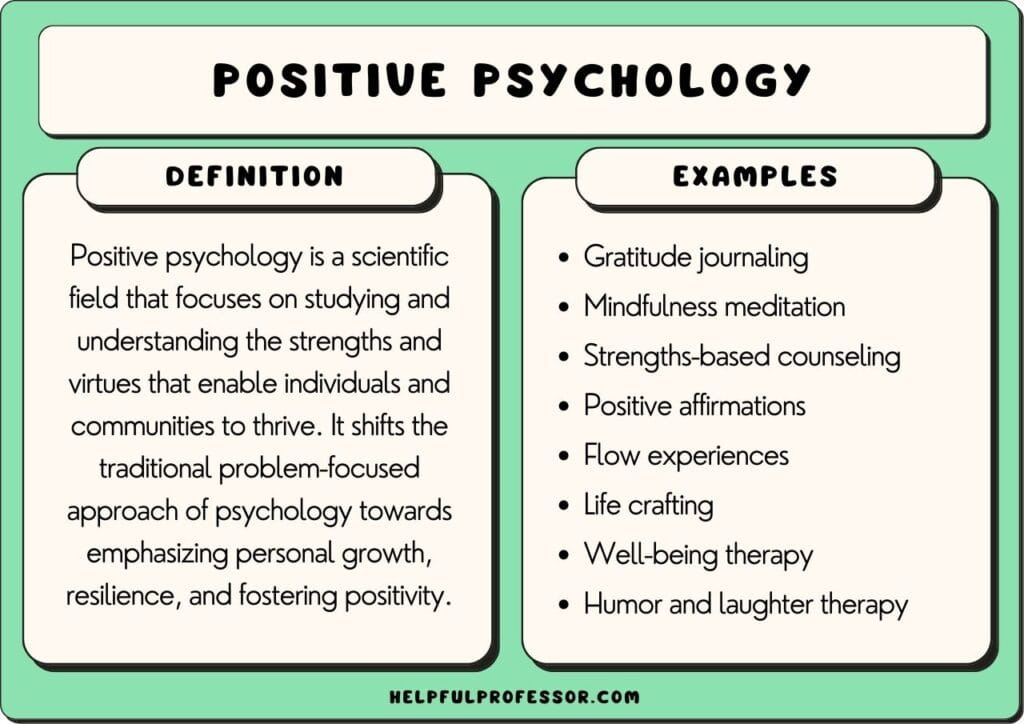What is Flow State?
A doctor was performing a complex and risky surgery that pushed him to his personal and professional limits.
Finally, after countless hours, he was finished.
He looked up at the nurse — and saw a massive pile of rubble in the corner of the room. He asked:
“What happened?”
The nurse told him that the ceiling had collapsed during the surgery, but he was so focused on the surgery that he didn’t notice.
This is a particularly poignant example of the idea of ‘flow’ or a ‘flow state’.
The term, coined by the late Hungarian-American psychologist Mihaly Csikszentmihalyi, refers to a mental state:
where individuals are fully immersed and absorbed in an activity and are
experiencing a heightened sense of focus, creativity, and fulfillment. (see a picture of Csikszentmihalyi at his professorial best below)
Csikszentmihalyi's work has become seminal in understanding the psychology of optimal experience and has significant implications for optimizing human wellness and performance.
The concept can also shed light on how we might become more self-actualized in our own lives.
Flow and human performance
Flow, as described by Csikszentmihalyi, is characterized by a perfect harmony between skill and challenge.
When an individual engages in an activity that aligns with their skills and presents an optimal level of challenge, they can enter a ‘flow state’. (See Csikszentmihalyi’s framework for flow below)
Check out how NBA superstar Steph Curry describes his experience with flow:
We have talked about the irrational confidence that comes from the work that you put in, the vision of being able to see an output but not obsess over the output, if that makes sense…
And then it becomes muscle memory. And then it becomes confidence. And that confidence comes out when it's time to perform on the stage. You're able to block out all the distractions, all the noise, even whoever's guarding you.
There are times you get into that flow state where it does not matter who's in front of you. You find a solution to the problem. The discipline around that is something I'm super proud of.
One of the distinctive features of flow is the merging of action and awareness.
In this state, individuals become so engrossed in the activity that they lose self-consciousness and experience a sense of unity between their actions and thoughts.
This merger creates a seamless experience, where the boundaries between the self and the activity blur.
The result? A profound sense of enjoyment and fulfillment.
Unsurprisingly, individuals who frequently experience flow report higher levels of life satisfaction, improved well-being, and a greater sense of purpose in their lives.
Like a butterfly or happiness, the flow state is elusive. It will only come to you when you’re not forcing things. I’ve had a few times in my life when I felt like I was genuinely in a flow state.
It happens most frequently when playing sports (rugby or basketball for me). When you’re flowing, you’re not thinking about what to do — you’re just doing it. Nike may be on to something here…
My favorite memory of being in a flow state was when I was finishing my Ph.D. For several weeks, I was working 12+ hours a day on my dissertation, editing what was essentially a 225-page book that I’d written over the previous several years and going through 400+ footnotes and countless documents.
Towards the end, after years of self-criticism (which all Ph.D. students experience), I finally thought, “This is pretty damn good.”
Satisfaction doesn’t really capture the feeling I had then — it was more like gratification or even fulfillment. The work became unconscious and extremely pleasurable, and it was one of the most enjoyable and memorable moments of my life.
Mihaly Csikszentmihalyi: international man of mystery
Csikszentmihalyi's interests extended beyond human psychology. He was also passionate about rock climbing, an activity well-suited for enabling a flow state.
As a young man living in a post-war refugee camp in Italy, Csikszentmihalyi,
“played chess with adults, becoming so engrossed in the game that he forgot about his troubles. He later found the same sense of inner accomplishment--a feeling he would recognize as flow--from rock climbing and painting.”
Csikszentmihalyi, pictured above atop a mountain, said of that time after World War II:
“I started mountain climbing and rock climbing in the Dolomites in northern Italy.
Climbing produced the same kind of result of total concentration, a feeling that you were doing everything you could, that your whole being was involved, and that you forgot everything else.
And at the time there was a lot that you wanted to forget.”
From flow to positive psychology
Csikszentmihalyi's son noted that his father's research into positive aspects of human psychology was new, as the fields of psychology and psychotherapy were “largely anchored in the analysis of negative pathologies” at the time.
Csikszentmihalyi also wrote about what he called the autotelic personality, which refers to people who do things because of intrinsic motivation rather than because of external rewards or goals.
Research has identified curiosity, perseverance, and humility as key traits of the autotelic personality.
In recent decades, the field of ‘positive psychology’ has emerged to help humans live better lives.
Csikszentmihalyi’s work on flow helped to usher in this positive shift, and his concept of flow is an idea that we should all reflect on and try to cultivate in our personal lives.
ART OF THE DAY
The Sleeping Gipsy by Henri Rousseau, 1897
Thank you for reading. Please reply to this email if you have any thoughts or feedback.
Yours,
Dan













